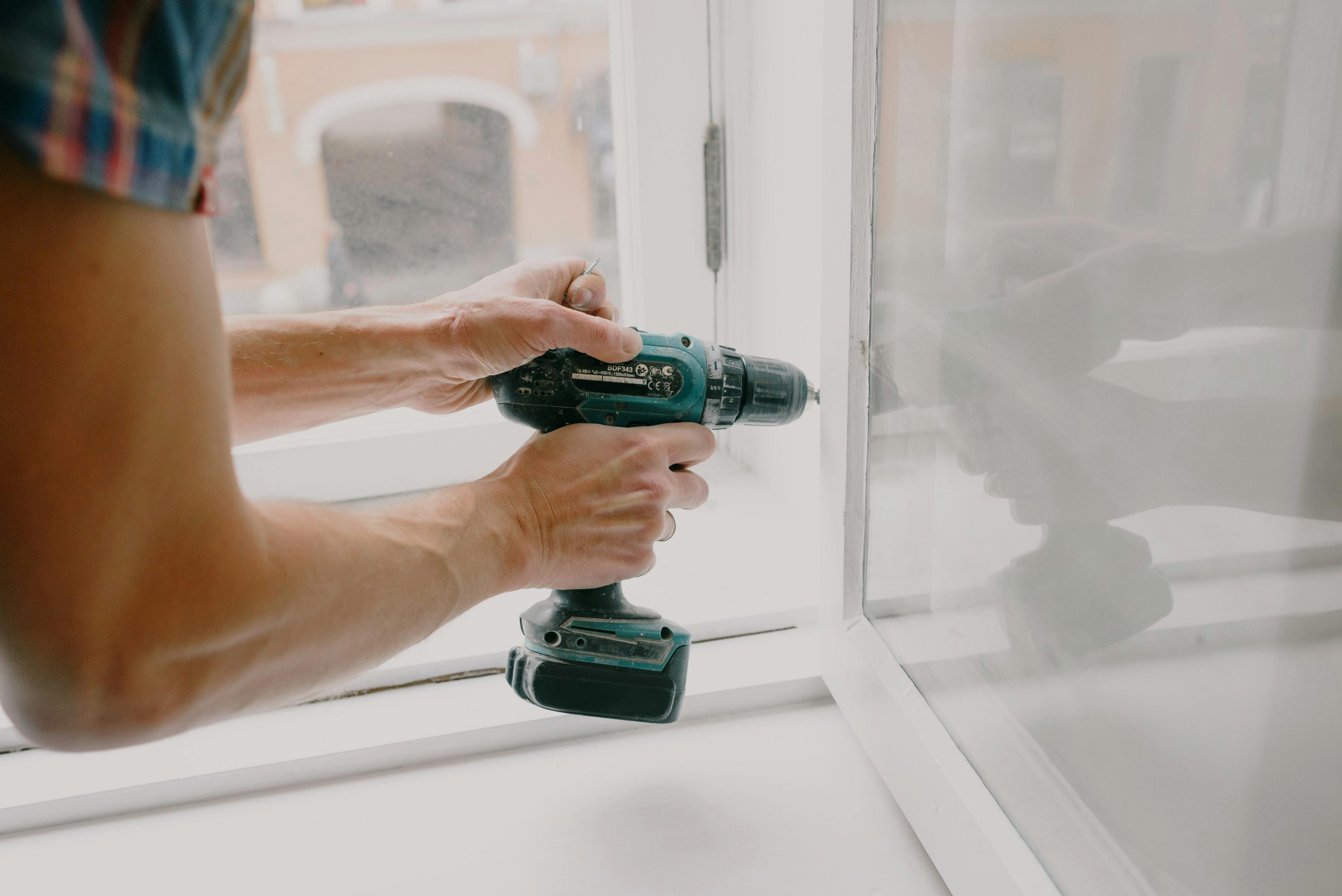San Diego’s rental market is one of the most competitive markets in California, and the United States because of one reason, people pay premium rent to live in one of the best destinations in the world.
With the start of a new year also comes a renewed focus on landlord-tenant laws in the ‘Golden State’ because new laws are coming, while existing laws must remain top of mind to owners.
In this article we will offer insight into the top landlord-tenant laws affecting the SoCal rental market in 2025 and beyond.
New Laws Regarding Tenant Move In’s, And Move-Outs
With AB 2493, all rental property applicants are required to receive a copy of their credit report within 7 business days of applying for a property.
Thanks to SB 611, landlords are also required to notify all active members of the military when a higher than standard deposit is required, and the additional amount must be returned within 6 months, if not in arrears.
Also, effective April 1st, 2025, photos of a rental property must be taken within a reasonable time after possession of the rental property has been returned to the owner.
Statewide Rent Control (AB 1482)
Under California's Tenant Protection Act, landlords can only increase rent by a maximum of 10% or 5% plus inflation, whichever is lower. This law applies to buildings over 15 years old but excludes single-family homes not owned by corporations. It ensures a fair balance between landlords' rights and tenants' affordability. San Diego landlords should track inflation rates to ensure compliance with the annual cap.
Just Cause Eviction Protections
Evictions must be based on 'just cause,' such as nonpayment of rent, breach of lease terms, or illegal activities on the premises. For no-fault evictions (e.g., owner move-in or substantial renovations), landlords must provide relocation assistance or waive the last month's rent. These protections apply after tenants have occupied a unit for at least 12 months.
Local Short-Term Rental Ordinances
San Diego's 'Short-Term Residential Occupancy' ordinance imposes strict regulations on short-term rentals. Hosts must obtain permits, which involve [specific process], and comply with caps limiting the number of short-term rental properties, particularly in coastal areas. Landlords renting properties on platforms like Airbnb should ensure compliance to avoid fines.
Maintenance and Habitability Standards
San Diego emphasizes tenant safety and habitability. Landlords must promptly address issues like plumbing leaks, heating, and mold under California Civil Code §1941. Failure to maintain units can result in tenants withholding rent or seeking repairs through legal channels.
On the topic of habitability standards, starting in 2025 Carlsbad has also banned smoking in multifamily housing as well. This will increase the quality of living, and quiet enjoyment for most tenants in Carlsbad since secondhand smoke is often the reason why tenants move from one rental property to the next.
Security Deposit Limits
California law caps security deposits at two months' rent for unfurnished and three months for furnished units. Landlords must return deposits within 21 days after a tenant vacates, minus valid deductions with an itemized statement.
Understanding these laws is not just critical but empowering for fostering respectful landlord-tenant relationships and avoiding legal disputes. It puts landlords in control of their responsibilities and ensures a smooth and respectful relationship with their tenants.
Contact GoldenWest Management
Ready to eliminate the stress of property management in 2025? GoldenWest Management can help!
Our experienced property management team has decades of combined property management experience and looks forward to serving you. To learn more about the services that we can offer you contact us today by calling (866) 545-5303 or click here to connect with us online.







